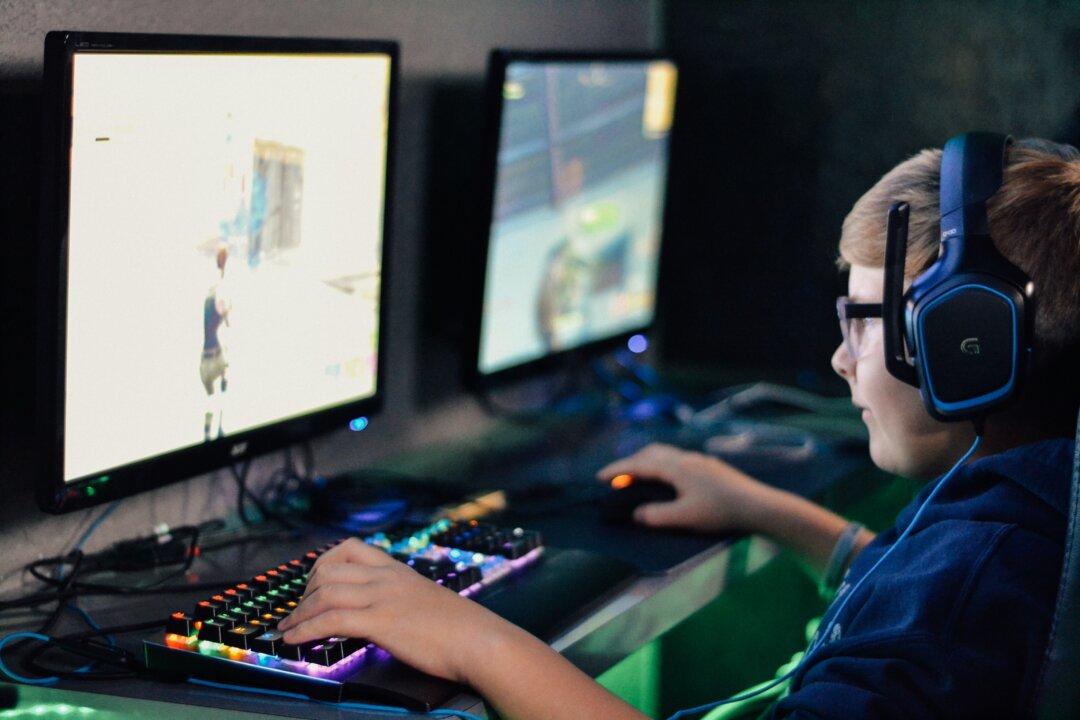A study led by Colorado State University has found there is a causal link between that “addictive” internet gaming loneliness and the activation of molecules that can cause inflammatory responses in the body.
Gamers experiencing disordered gaming habits are often associated with increased levels of conserved transcriptional response(CTRF), an immune system abnormality. This condition is often triggered by chronic stress and activates pro-inflammatory molecules that can cause inflammation whilst reducing antibody and interferon immune responses—two of the more critical immune responses in protecting our bodies from viral infections like COVID-19.






